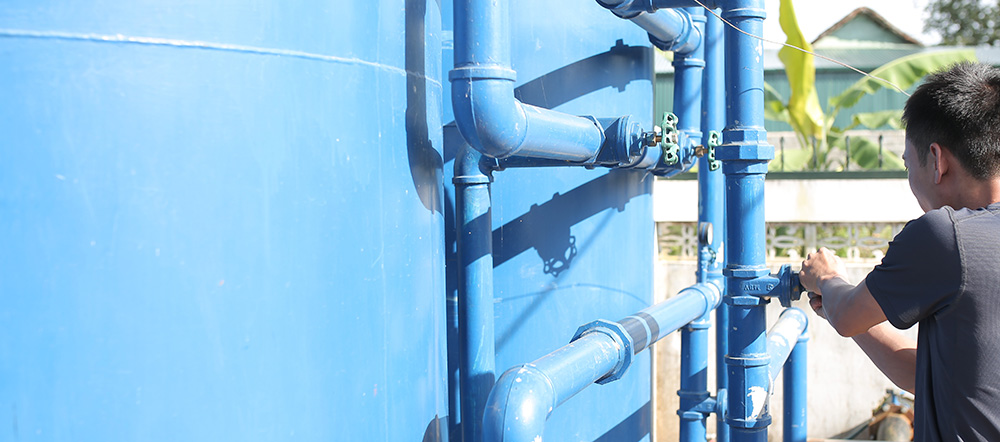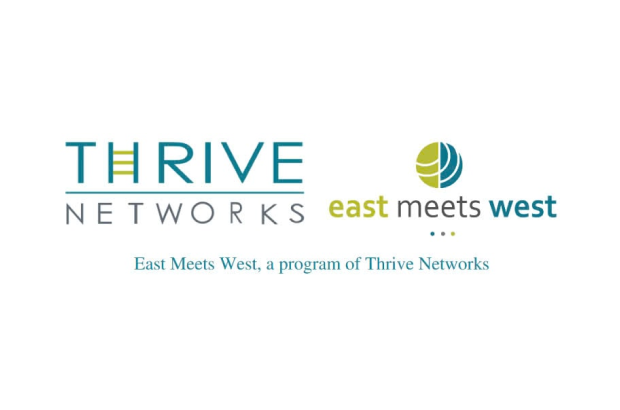Piped Water Supply
729

Lack of access to clean water is a problem for too many people around the globe – one that has enormous negative impacts on their health, productivity, safety, and finances. According to the World Health Organization, at least 1.8 billion people use a drinking-water source contaminated with feces. Contaminated drinking water can transmit a host of diseases—including diarrhea, cholera, dysentery, typhoid, and polio—that typically lead to losses in productivity and necessitate medical treatment that poor populations can ill afford. Worse yet, contaminated water can be a killer: it is estimated to cause half a million diarrheal deaths each year. East Meets West has been constructing, rehabilitating, and expanding rural water supply and treatments systems since 1995. The majority are piped village water systems with metered household connections; a smaller number are school-based water systems. In all cases, the systems provide poor, mostly rural areas with a lasting source of clean water to promote individual and community health. Our piped village water systems are designed, implemented, and maintained with maximum community involvement. Residents contribute labor to dig the pipe trenches, purchase their own house connections for water, and pay for water consumption. Water managers selected from each community collect fees for water usage, operate and maintain the systems, and provide feedback to the East Meets West’s water team. Upon project completion, East Meets West transfers ownership and management responsibilities to government, private or community operators. This approach increases the long-term success of each water project.

